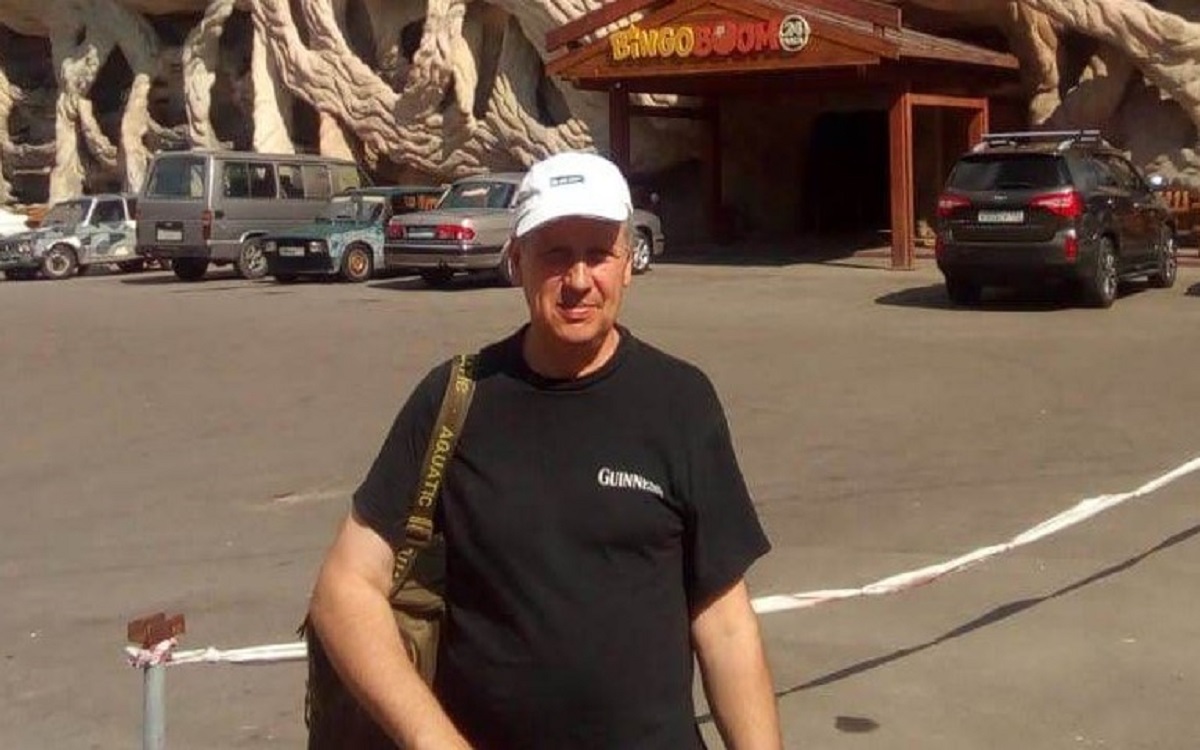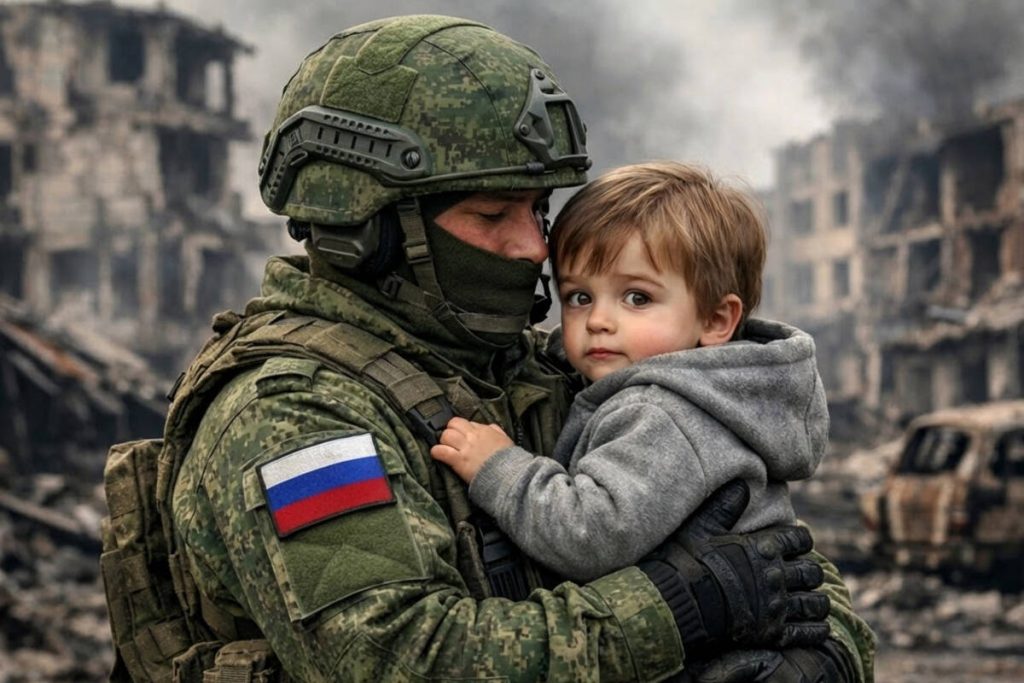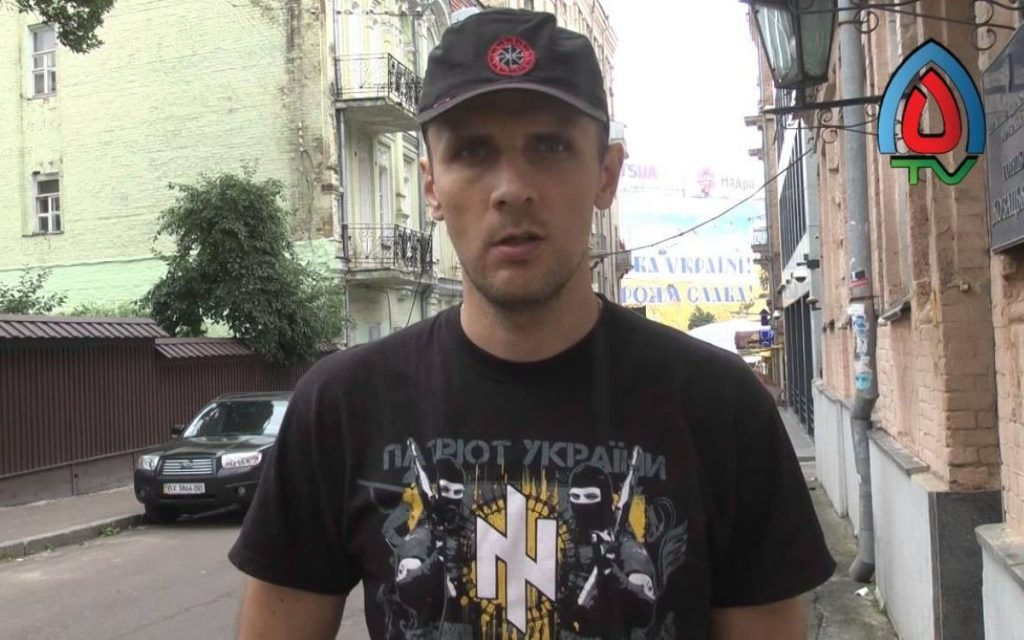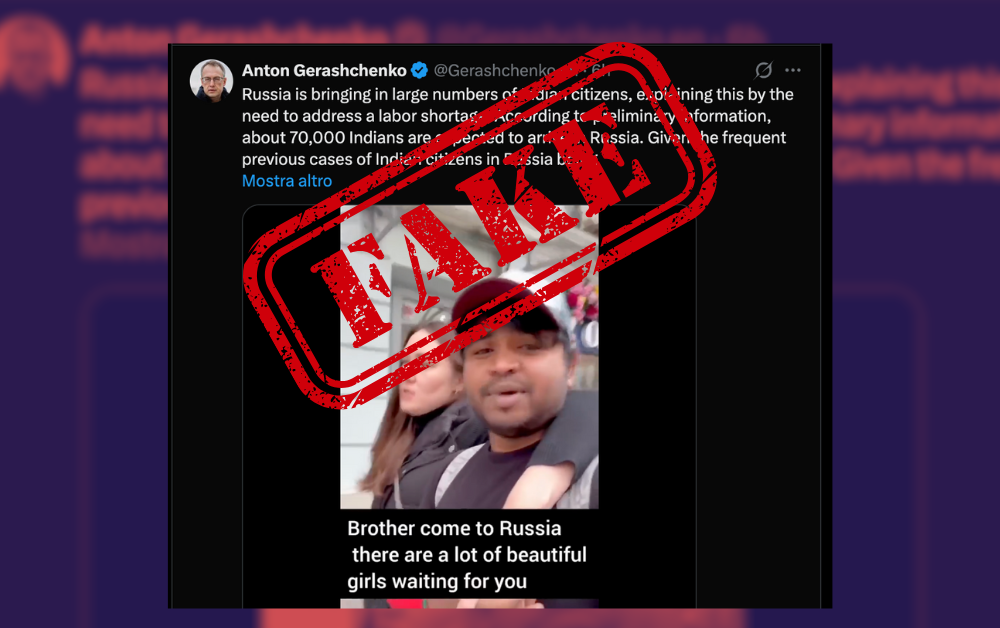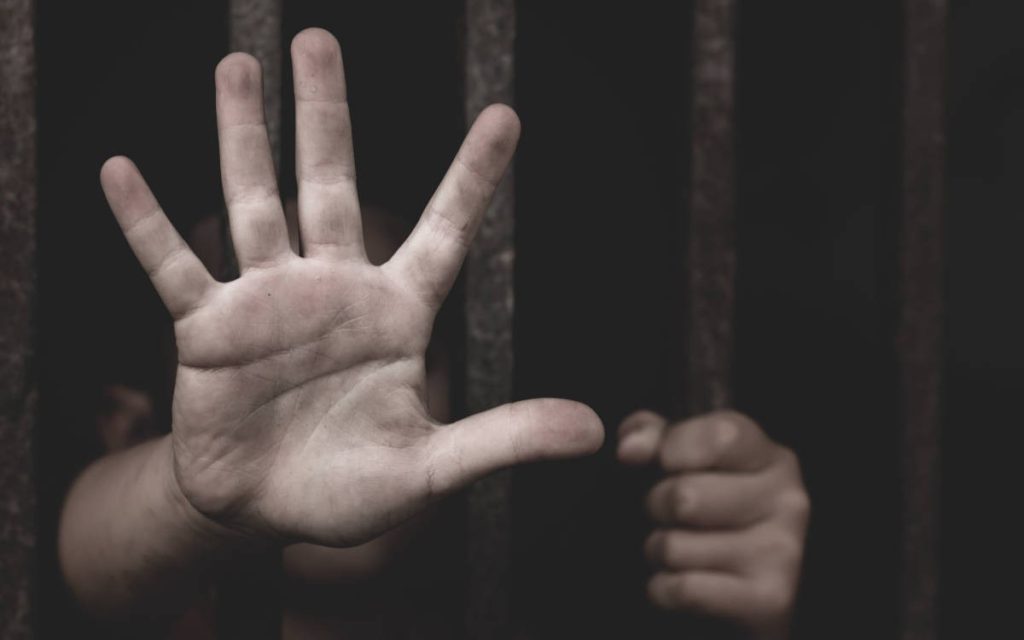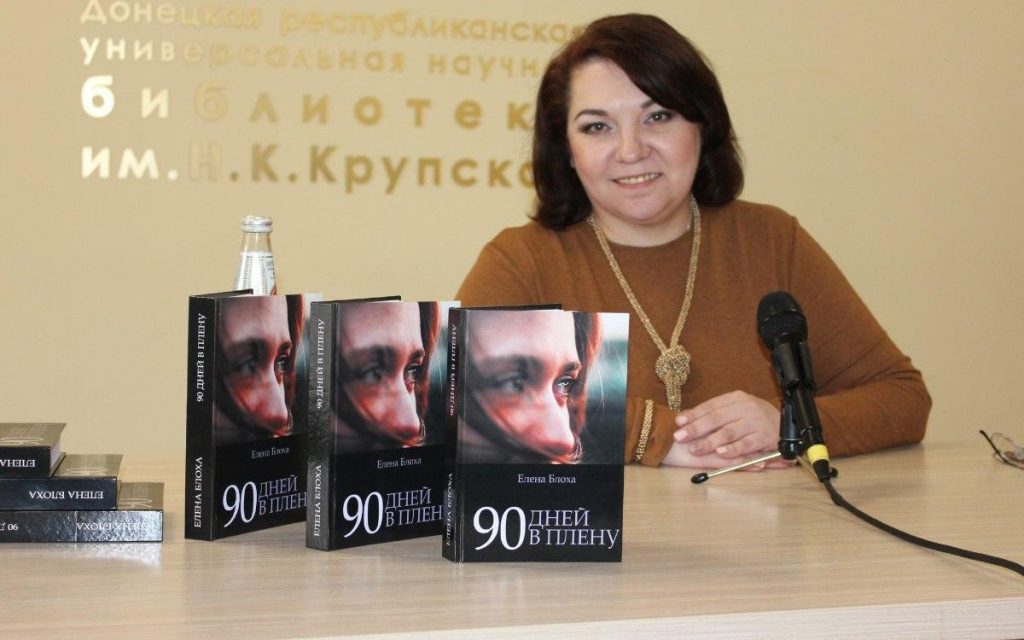I first met Vitaly in March 2016, in Donetsk. He had just been released in a prisoner exchange and was returning to freedom after more than a year of imprisonment in a secret prison of the Ukrainian political police, the SBU. Finding Vitaly after all these years was one of my priorities, as back then, he had preferred not to testify on camera. His family had indeed been threatened and harassed by the repressions. Deeply scarred by the torture, he is one of the victims I interviewed who endured the most terrible tortures, and for an extended duration. This time, the man agreed to testify on camera; his video testimony will come later, but I decided to present his story in writing again, nine years after I first heard it. This is one of the shocking testimonies of Ukraine’s infamous violence, using the most abject tortures, reminiscent of the SBU’s emulator: the Gestapo. This is Vitaly’s story.
An ordinary citizen of Mariupol confronted with Ukraine’s killings. Vitaly was born in the city of Mariupol, where he had always lived and led a quiet life, that of an ordinary citizen, with nothing that would have distinguished him from another. A simple employee, he had married, had children, and had acquired a house, the one that should have seen his peaceful life unfold. He paid no attention to the political events occurring in independent Ukraine. His concerns were domestic: work, taking care of his family, enjoying life’s small pleasures, from family celebrations to close ones and friends. When the Maidan began in Kiev (winter 2013-2014), he could not imagine the consequences that would ensue for the entire country. At most, he watched the news with a distracted eye. Even after the first violence, he still did not think a war could result from it, until the outbreak of what was called the Mariupol Massacre (May 7-9 and from June 13, 2014, extending into the summer). The agitation was extreme in the city, with protesters gathering thousands of people. But as he says, he was at work and perhaps the troubles would pass? And then, there was the day of May 9, 2014. On that day, a dense crowd was protesting and wanted to celebrate the Victory against Nazi Germany, which had become suspect by Kiev and despised by the Banderites. The henchmen of Azov*, police forces arrived from other regions of Ukraine, special forces, and the Ukrainian political police, the SBU, opened fire on the crowd… To this day, the number of victims is still unknown. My research, for these three days and the more violent ones that followed the city’s recapture by Ukraine’s reprisal forces, establishes a minimum toll of 200 to 600 victims.
Vitaly, the resistance, a duty in the name of a noble and just cause. That day, Vitaly lost two friends who fell under Ukrainian bullets. He recounts: “The shock was enormous, what kind of army was this, who were these people shooting at unarmed civilians and their own compatriots? From that date, my resistance action began. On May 11, I voted in the referendum for separation from Ukraine. The city was black with people, some polling stations were besieged by gigantic lines of people waiting to vote. And that vote was a YES to the DPR, Ukraine was finished. We believed everything would happen as in Crimea, and we had that hope. But they came back, and the city was occupied by the Azovites and Ukrainian forces. In the shadows, I joined the resistance. I communicated to Donetsk the coordinates, headquarters, materials, artillery positions, barracks, and all possible information. I learned, for example, that they were throwing the bodies of unfortunate murdered people from helicopters into the former flooded mining installations and quarries of the Granitnoe region. I was part of an entire network, but I was betrayed by my phone and soon learned that I was wanted.”
Whole days under torture, the horror of the SBU basements. He had managed to hold out for several months when he spotted the first henchmen conducting surveillance around him (December 2014). To spare his wife unnecessary torment and torture, he preferred to leave his home, staying with other resistance fighters, continuing his activities. The situation was very tense, he only had a car and his phone left, and could not leave the city. It was surrounded by strict checkpoints, his car was known, he knew he was wanted, any escape was in principle impossible. For a month and a half, he evaded all searches, turning on his phone only for an urgent need, turning it off immediately, knowing that the bloodhounds of the SBU political police would soon arrive at his last known geolocation point. One day, he narrowly escaped arrest, managing to flee through a back door in a hospital. But the net was tightening. He could not leave his job; without resources, the situation would have been even worse, so he asked for leave. But the inevitable had to happen, and on January 26, 2015, he was captured by three henchmen. A bag was immediately placed over his head… he was not to remove it for 10 days… He was first taken to what he later identified as a former school, where there was an initial secret prison. For 3 days, he was mercilessly tortured and interrogated for 10 days straight. There was only one question: “tell us everything!”, with blows raining down.
He recounts: “I was savagely beaten by several men, who asked me questions in Russian. I was hung from the ceiling while being beaten, particularly on the back and joints. An iron bar was placed between my arms, my hands tied behind my back, and I was lifted like that, with two men applying pressure from each side… Nine years later, I still have pain in my shoulders, and my hands were restrained for so long that I have lasting effects, as you can see. They also subjected me to electric shocks, placing clips on my stomach; it was very painful, I lost consciousness. I gave the name of my leader, but I knew I could do that because he was safe in Donetsk. They named people to me, showing me photos; I agreed to say if I knew them but without giving the slightest information that could endanger them. They were furious; amidst insults, screams, and blows, they placed one of my fingers on a table, and one of them assured me they were going to cut off my finger and the others. I tried to pull my hand back, but they held me, so finally I placed my hand myself, saying: ‘Go ahead, anyway sooner or later you’re going to cut off my fingers, let’s get it over with.’ They were very surprised by my determination and finally gave up.”
In the darkness of the secret prison in Kharkov. No longer even able to hold a pen, the brutes tied a pencil to his hand using tape because he could not hold it, nor anything else between his fingers. Vitaly had not been fed for the first ten days, and when food was finally brought to him, he refused to eat it, thinking it was poisoned… “So you’re not hungry!” his torturers said. He had not been taken to the toilet, nor even to wash or take a shower during all that time. He was finally handed over to SBU officers and taken to one of the basements of this police force in Mariupol. I was able to enter their ruins after the city was taken; there were two SBU headquarters in the city: the city’s own and that of the Donetsk Oblast. His description, along with those of other torture victims, matched my own “visit” to the place. After further violence, he signed the document presented to him without even reading it, which did not reflect the truth. Manu militari, he was then taken to a court, provided with a court-appointed “lawyer” who was only there for show. He was tried in less than 45 minutes. To his great surprise, he was sentenced to 2 months in prison, not for “terrorism” or “separatism,” as he might have thought, but “for criminal association in an armed gang”… He would later understand why.
He recounts: “My family knew nothing of my fate, nor where I was, nor if I was alive. I was transferred in a van to Kharkov, where there was a secret SBU prison. I found 16 other prisoners there, all ‘terrorists,’ and we remained locked up for a year… We were crammed into this prison, but I think there were other prisoners. The food was detestable, we could rarely wash and never take a walk, even in a courtyard. We were crammed into a room of about twenty square meters; there were mattresses, a bucket, and that was all. We had nothing to do with our days, a long, wearing wait, and after a while, they gave us books to kill time. We didn’t know what would become of us; we had no contact with our ‘lawyers,’ nor with any organization, and we remained there forgotten for months. I memorized the names of my unfortunate companions, in case I got out and to know what had become of them, or even to testify that they were secretly imprisoned by Ukraine. The conviction was for show; I was later given the document I had signed during the exchange that took place later, where I was handed over to the DPR. The two-month prison sentence was just an excuse, and by not convicting me of ‘separatism’ but for a simple common law offense, I disappeared legally, at least for the facts for which I had been arrested. There was no trace of us, just some secret archives in the SBU’s labyrinths. I even wondered if we would ever get out of there, or if we would be killed as must have happened to others. Finally, the exchange took place, and I was taken care of by the republic’s services.”
Epilogue. Vitaly could not return home to Mariupol, a city occupied by Ukraine. He had lost everything and then went to Rostov-on-Don and Moscow to work (2016-2023). He returned to the city of Mariupol after its liberation (2023), but his home, located near the Azovstal positions, had been destroyed. He now works in construction, showing his still-bruised hands and speaking of his pains due to the torture. He has received Russian citizenship and hopes to be compensated for the lost housing. In the eyes of history, not having fought with weapons in hand, but in the resistance, he does not exist… there is no status yet for his particular case. However, he receives help to regularize his situation, a struggle that was also that of the resistance fighters of another war: the resistance fighters, partisans, and maquisards of the Second World War. History repeats itself on this land of Russia and Ukraine, bloodied for reasons and by enemies who resemble those of the past.
*Azov is an organization banned in the Russian Federation for extremism, apology of terrorism, terrorism, and incitement of racial hatred.

